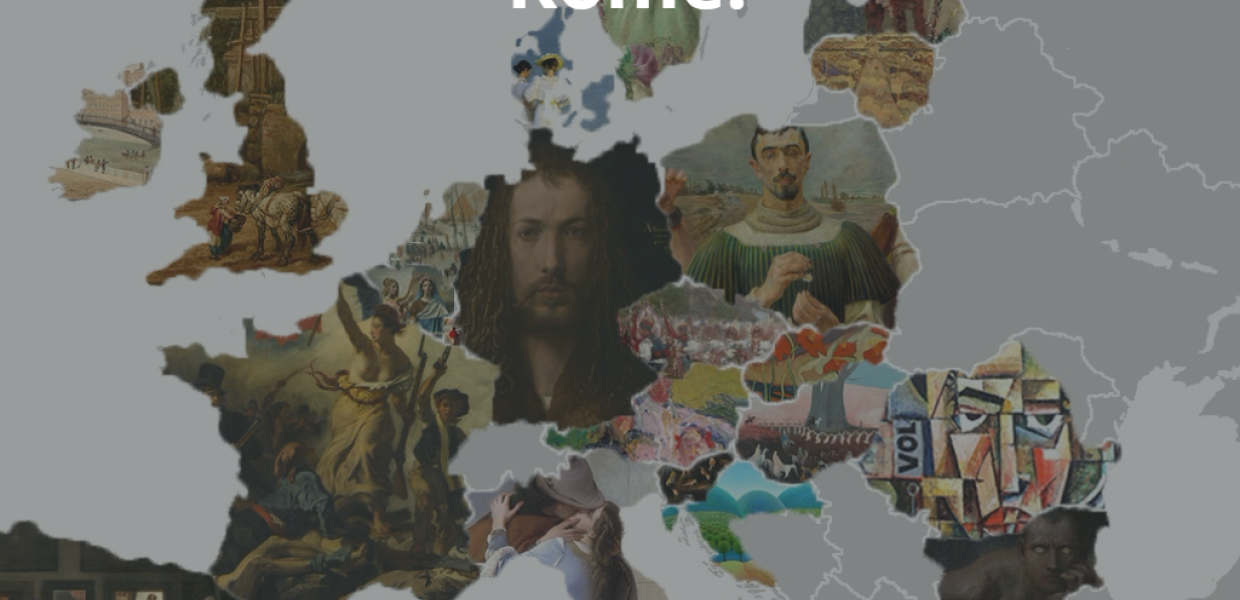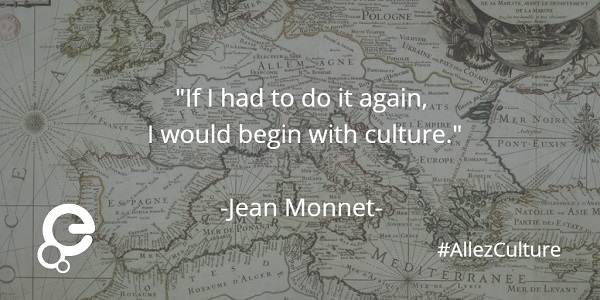Reinforcing the European dream 60 years after the signing of the treaty of Rome

Saturday marked the 60th anniversary of the signing of the treaty of Rome: on this occasion, the 27 national leaders gathered in the Campidoglio palace of the Italian capital, where the 6 founding states (France, Germany, Italy, the Netherlands, Belgium and Luxembourg) signed the founding treaty on 25 March 1957.
Presidents and Prime ministers from all EU countries (with the exception of the UK) were gathered to celebrate 60 years of European integration, peace & cultural cooperation. Events were also attended by the European Parliament president Antonio Tajani; the European Council president Donald Tusk, and the European Commission head Jean-Claude Juncker. A number of discussions were held to recall Europe's achievements, and reflect on Europe’s new direction with 27 member states following the Bexit, that the the European Commission introduced earlier in the month with a publication of a white paper on the Future of Europe.
Jan Mueller, as chair of Europeana Foundation Governing Board, was invited to speak about the role of culture. His presentation ‘Digging into the origins of the European Dream’ reinforced that the European dream is still valid. As much as the treaty belongs to our heritage, he stressed that its fundamental ideas are still very much alive. Its core values set the objective of ‘an ever-closer union among the peoples of Europe’, the ‘drive to assure the economic and social progress of all countries’ and the subsequent ‘elimination of the barriers which divide Europe’. These are also values Europeana is built on. Over the past 15 years, European Member States have digitised over 300 million artworks, books, radio recordings and film footage. These resources, making heritage available to all, represent every aspect of our rich and diverse cultures: “our histories, philosophies and artistic interpretations are not only diverse, but also very much interlinked. Influential movements such as the Reformation, the Enlightenment, and Art Nouveau never started in isolation but spread throughout our continent with transformative speed”.

This idea of economic and social progress made possible by a common market was further extended in the Lisbon Treaty, with the ambition to invest in a strong knowledge economy. Much of our heritage is not digitised yet or suitable for creative re-use, and there are still many hurdles to overcome before we can speak of a ‘digital single market’. But our cultural institutions and creative industries will continue their efforts and keep on working together, helped by Europeana, to create completely new experiences. What for Jean Monnet was only a (desirable) utopia —"If I had to do it again, I would begin with culture"— is something that Europeana has been putting into practice since its launch, It is essential to keep that dream alive.

